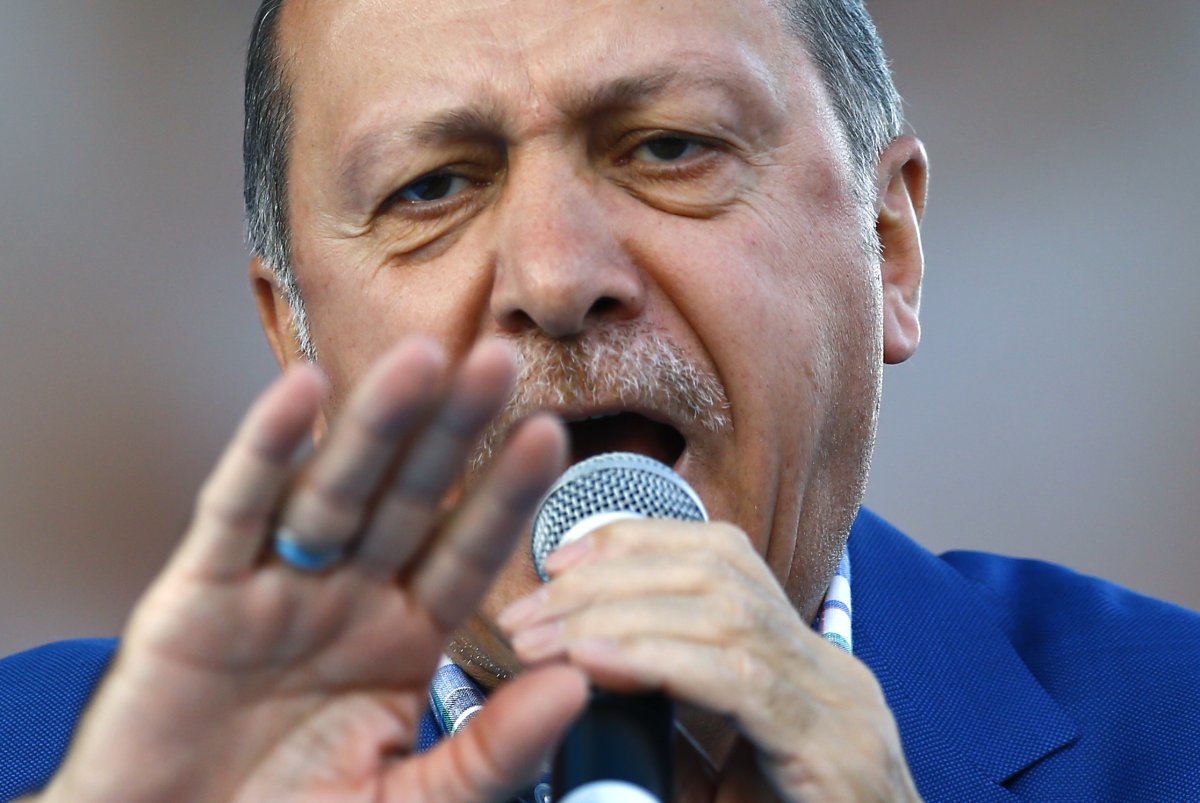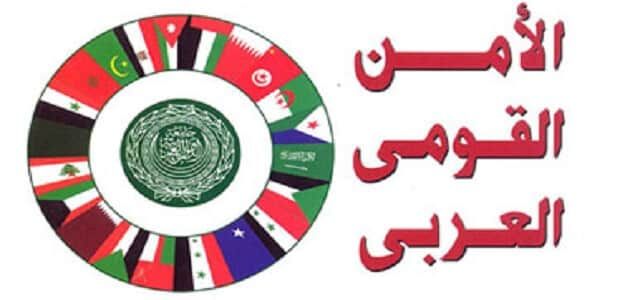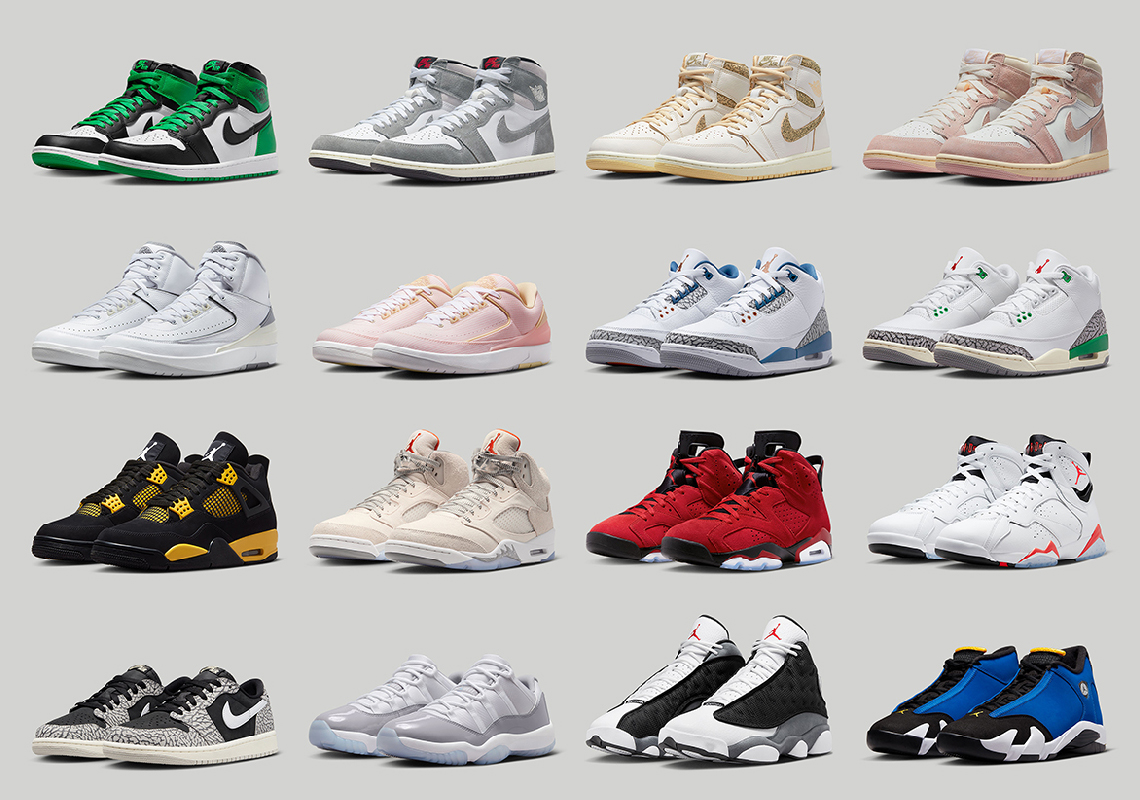France: Le Pen Denounces "Witch Hunt" Amidst Nationwide Rally Ban

Table of Contents
The Nationwide Rally Ban: Context and Justification
The French government's decision to ban all of Le Pen's rallies nationwide is unprecedented in recent French political history. The justification for such a drastic measure rests on several key pillars.
Reasons cited by the government for the ban:
- Concerns regarding public safety and potential for violence at rallies: The government cited intelligence suggesting a high risk of violence and public disorder at Le Pen's planned rallies. This included potential clashes with counter-protesters and the possibility of extremist elements infiltrating the demonstrations.
- Allegations of links between Le Pen's party, the National Rally (RN), and extremist groups: The government pointed to alleged connections between the RN and far-right extremist groups, suggesting that these groups might exploit Le Pen's rallies to incite violence or spread hateful ideologies. Specific examples, though not publicly released in detail, have been alluded to in press briefings.
- Recent instances of unrest or violence at previous rallies: While not explicitly linked to Le Pen's direct incitement, previous RN rallies have witnessed isolated incidents of violence and clashes with police, providing a basis for the government's concerns about future events. News reports from [cite specific news sources, e.g., Le Monde, Libération] detail these incidents.
- Specific examples of incidents justifying the ban (cite news sources): While specific details remain largely confidential for security reasons, the government has hinted at credible threats received and intelligence reports suggesting planned acts of disruption and violence at upcoming Le Pen rallies. Further details are expected to be revealed in future court proceedings, should Le Pen's legal challenge to the ban proceed.
Legal framework and precedents for such bans:
The ban is justified under French law which allows for the restriction of public gatherings if there is a credible threat to public order or safety. Articles [cite specific articles of French law] within the French constitution permit such measures, but they require a demonstrable threat and are subject to judicial review. Precedents exist for temporary bans on rallies in France, particularly during periods of heightened social tension, but the nationwide scope of this ban is exceptional. The proportionality of this blanket ban, however, is subject to ongoing debate.
Reactions from other political parties:
Reactions to the ban have been sharply divided along partisan lines. Parties on the left largely support the government's decision, citing concerns about extremism and the need to maintain public order. Conversely, right-wing parties, while perhaps not supporting Le Pen, have condemned the ban as an attack on freedom of speech. The center-right parties have adopted more nuanced positions, expressing concerns about both the ban and the potential for violence at Le Pen's rallies. The debate reflects deep divisions within French society on issues of security, freedom of expression, and the role of the far-right.
Le Pen's "Witch Hunt" Accusation: Analysis and Response
Le Pen has vehemently denounced the ban as a politically motivated "witch hunt," claiming it is an attempt to silence her and suppress her party's influence.
Le Pen's specific statements and accusations:
Le Pen has used strong rhetoric, accusing the government of authoritarianism and seeking to stifle dissent. She has characterized the ban as an attempt to manipulate public opinion ahead of upcoming elections. [Insert direct quotes from Le Pen’s statements, citing sources]. Her communication strategy is designed to garner sympathy from supporters and portray her as a victim of political persecution.
Government's counter-arguments and defense of the ban:
The government has repeatedly defended its decision, emphasizing the seriousness of the potential security threats and the need to protect public safety. They insist the ban is not politically motivated but rather a necessary precaution to prevent violence and maintain order. They have reiterated their commitment to freedom of speech but stressed that this right is not absolute and can be limited in cases where public safety is at risk.
Public opinion and media coverage of the controversy:
Public opinion is divided, reflecting the broader political polarization in France. Polling data [cite polling data sources] shows a range of opinions, with some supporting the ban for security reasons and others criticizing it as an infringement on fundamental rights. Media coverage has been diverse, with some outlets echoing the government's justifications and others highlighting concerns about the potential for abuse of power. The debate continues to dominate the news cycle, influencing public perception and the political discourse.
Implications for French Politics and Freedom of Assembly
The Le Pen rally ban carries significant implications for French politics and the broader issue of freedom of assembly.
Potential impact on upcoming elections:
The ban may affect voter turnout and public support for Le Pen. Supporters may feel disenfranchised, potentially influencing their voting choices. Opponents, meanwhile, may view the ban as a necessary measure, strengthening their support for the current government. The long-term consequences for the political landscape remain uncertain, but the event is certainly a landmark moment in recent French political history.
Debate on the balance between security and freedom of expression:
The ban has ignited a crucial debate on the delicate balance between public security and freedom of expression. Legal scholars and civil liberties advocates are scrutinizing the proportionality of the ban and its potential impact on democratic norms. This debate goes to the heart of French democratic principles and challenges the nation to consider where the line should be drawn.
International reactions and comparisons:
International reactions have been varied. Some countries have expressed concerns about the potential infringement on freedom of assembly, while others have indicated understanding of the government's security concerns. Comparisons are being drawn to similar situations in other democracies, sparking a wider debate on the challenges of balancing security and civil liberties in a globalized world.
Conclusion
The nationwide ban on Le Pen's rallies in France, and her subsequent "witch hunt" claim, represents a significant moment in French politics. The controversy highlights the ongoing tension between maintaining public order and upholding fundamental rights, particularly freedom of assembly. The ban's legality and its impact on the upcoming elections remain key points of contention. Understanding the nuances of this situation requires a careful examination of the government's justification, Le Pen's response, and the broader implications for French democracy. To stay informed on this developing story and the ongoing debate surrounding the Le Pen rally ban in France, continue following reputable news sources and political analysis. Further understanding of the Le Pen rally ban France issue is crucial for engaged citizens.

Featured Posts
-
 Teenagers Arrested For Attack On 16 Year Old Hate Crime Allegations
May 29, 2025
Teenagers Arrested For Attack On 16 Year Old Hate Crime Allegations
May 29, 2025 -
 Ahmyt Alastqlal Fy Thqyq Alamn Alqwmy
May 29, 2025
Ahmyt Alastqlal Fy Thqyq Alamn Alqwmy
May 29, 2025 -
 May 2025 Air Jordans Release Dates And Where To Buy
May 29, 2025
May 2025 Air Jordans Release Dates And Where To Buy
May 29, 2025 -
 Marilly Named New Ceo Of Remy Cointreau Following Vallats Departure
May 29, 2025
Marilly Named New Ceo Of Remy Cointreau Following Vallats Departure
May 29, 2025 -
 Luca Marinis Suzuka Test Crash Extent Of Honda Riders Injuries
May 29, 2025
Luca Marinis Suzuka Test Crash Extent Of Honda Riders Injuries
May 29, 2025
